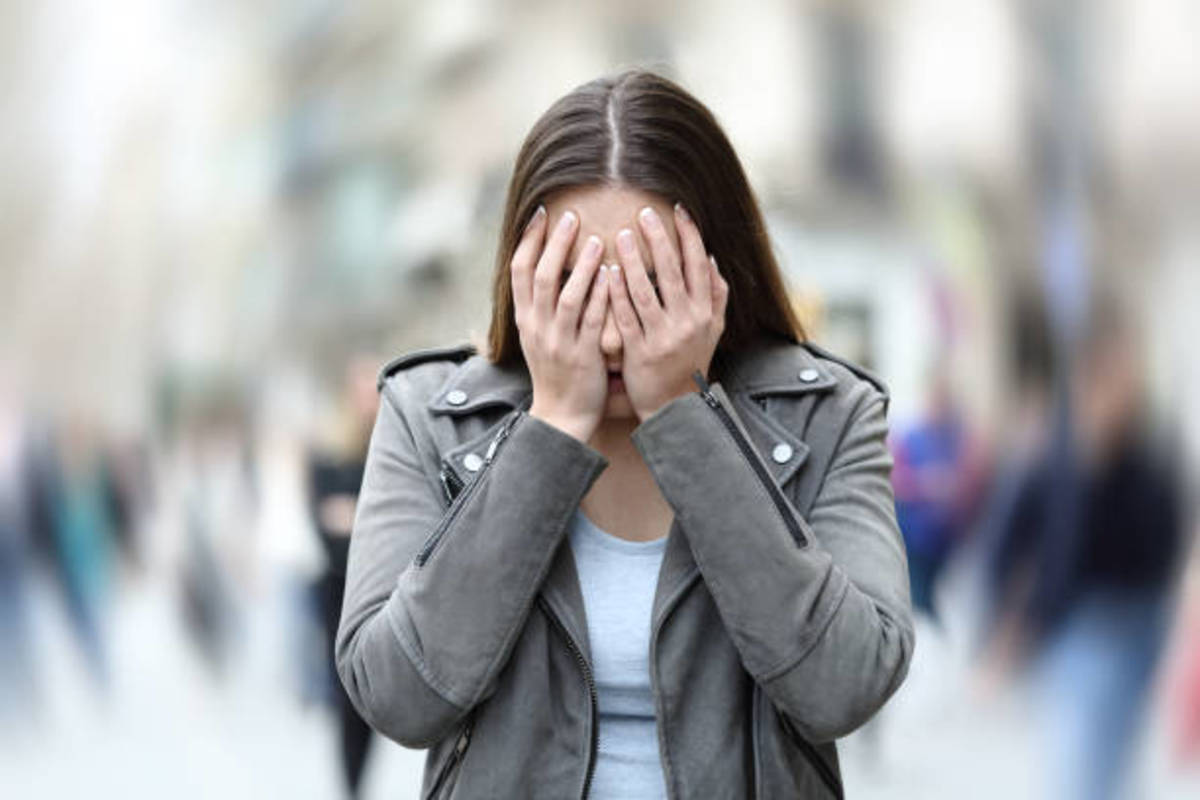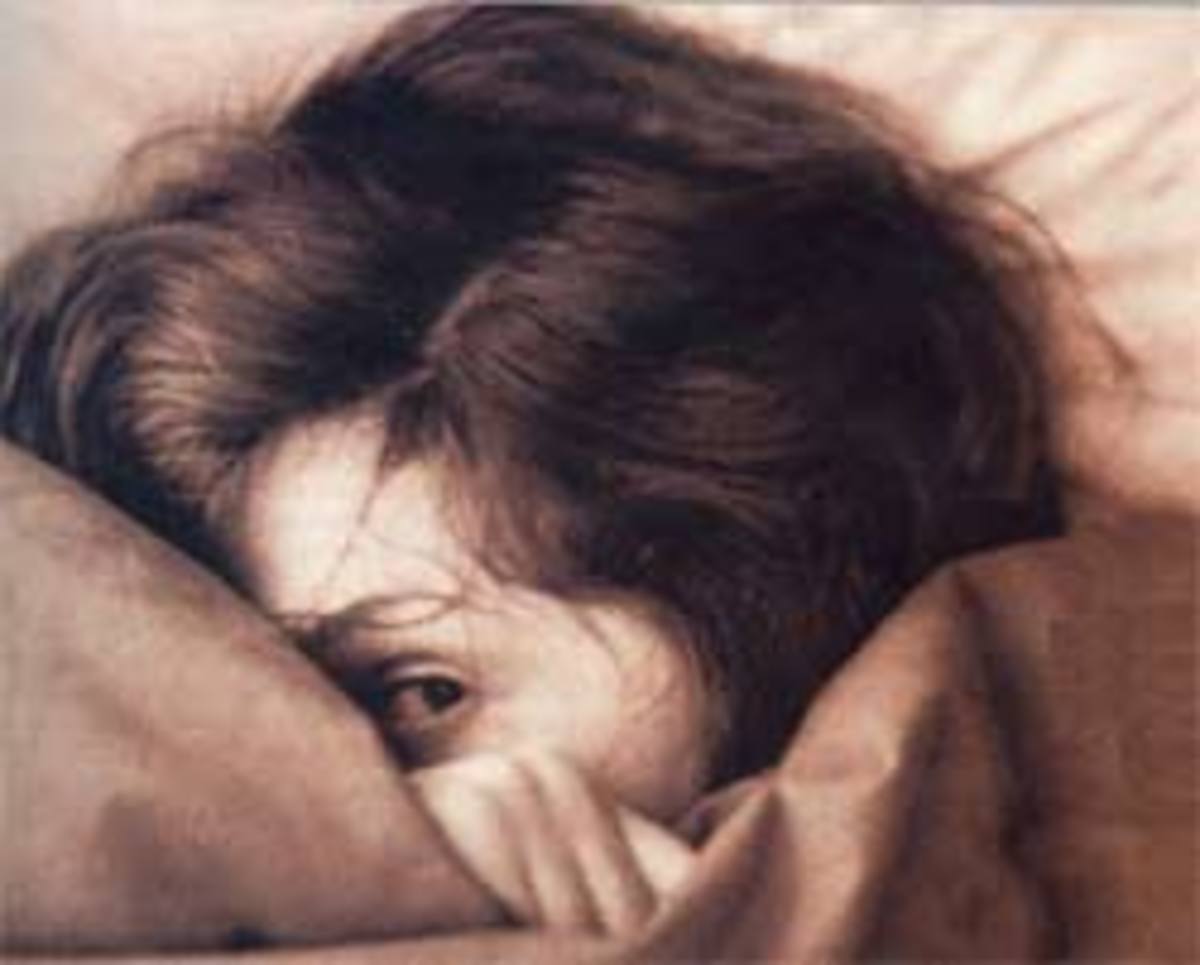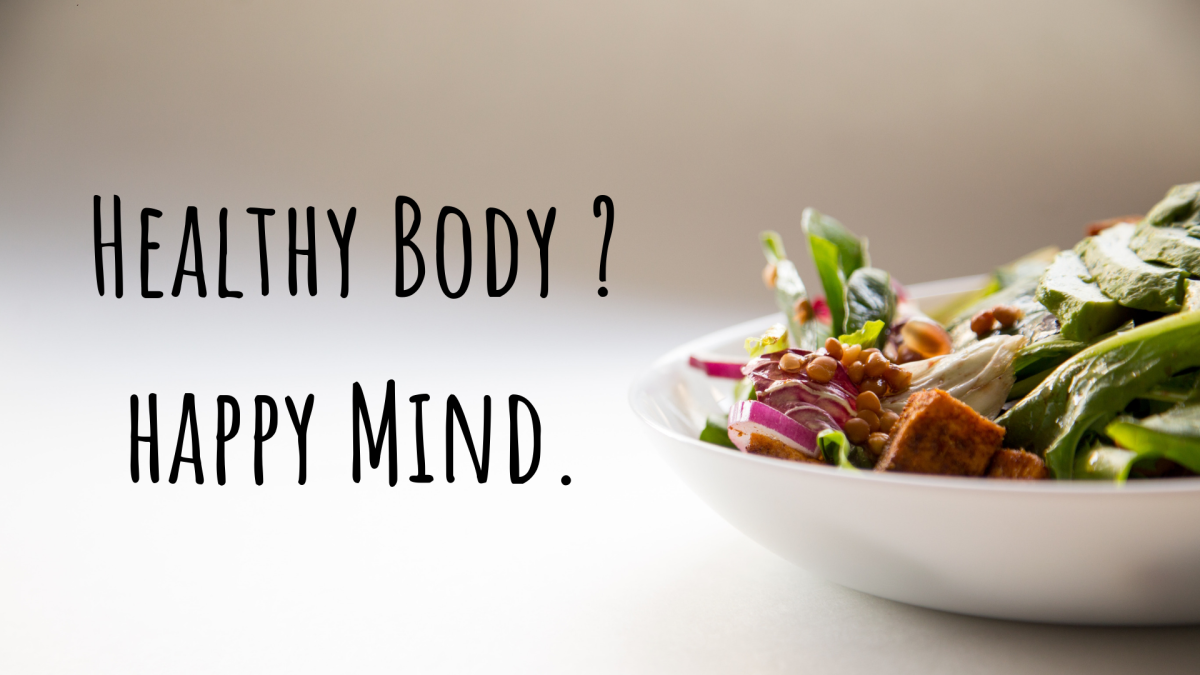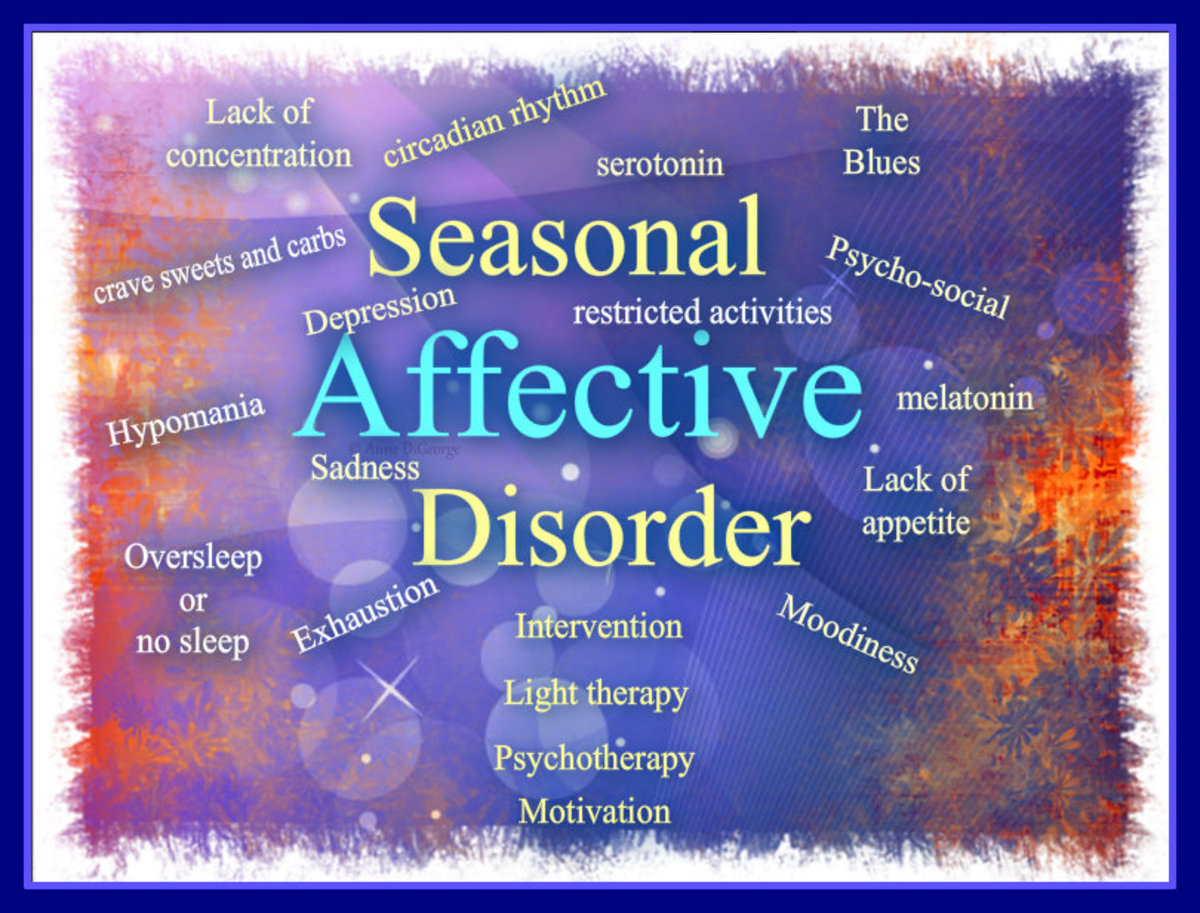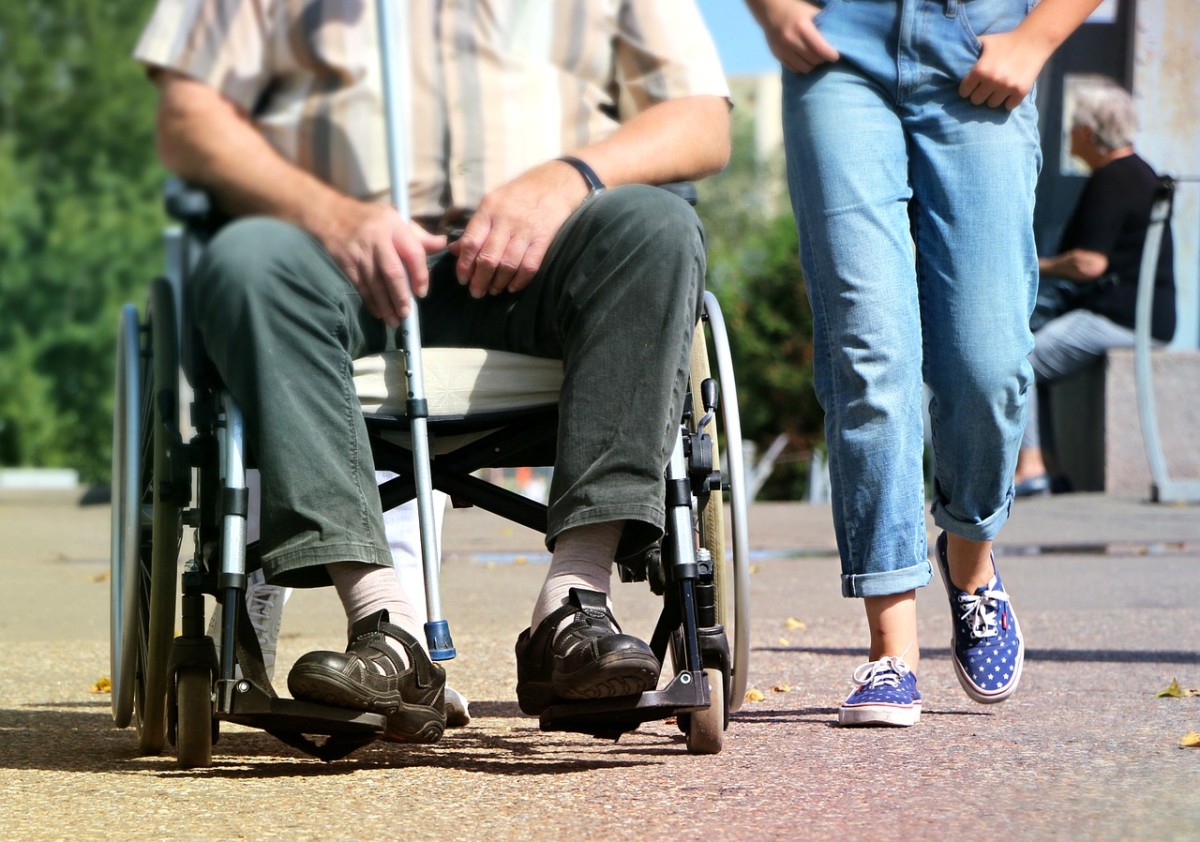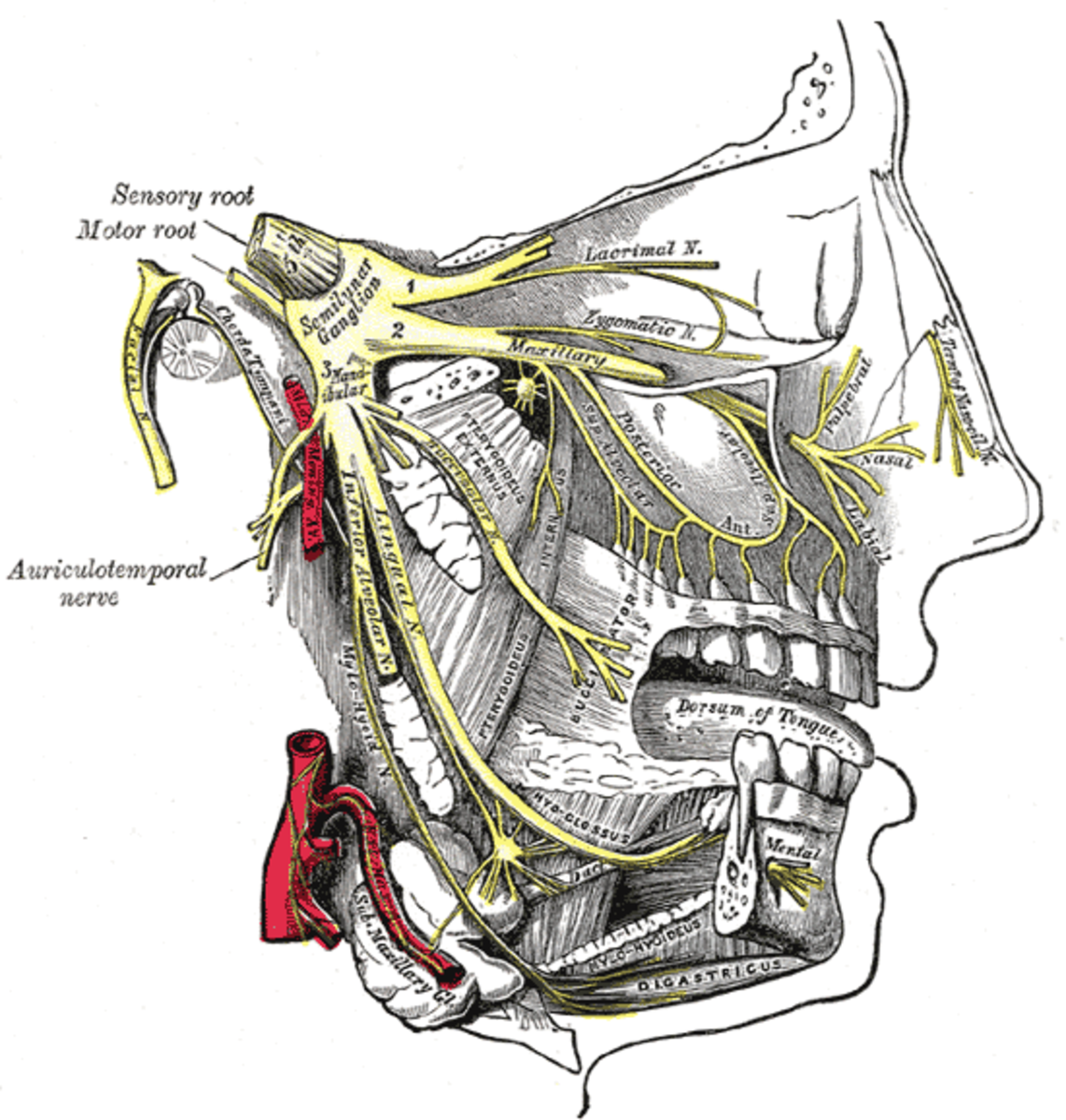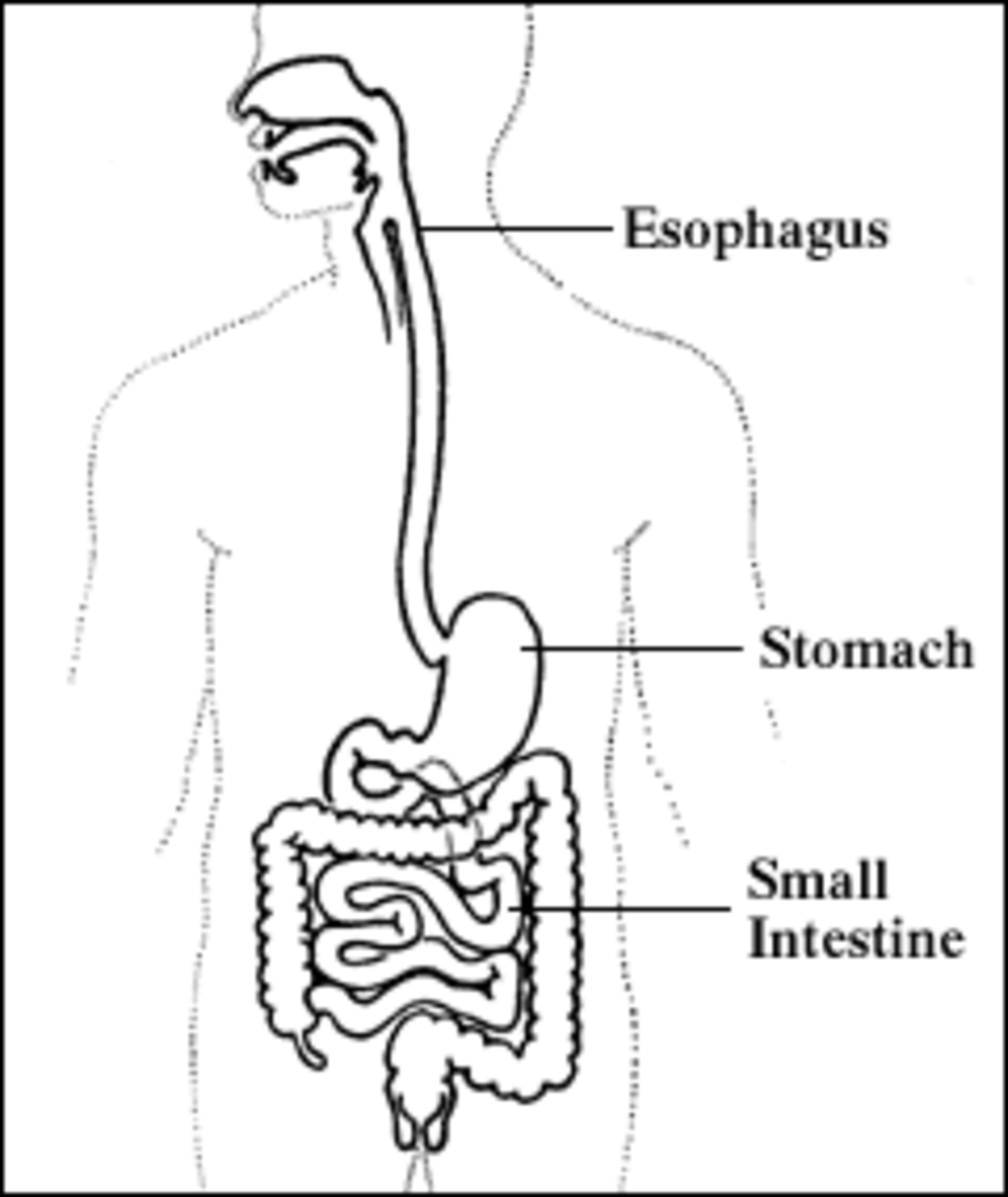Symptoms of Depression and Anxiety and How to Treat It
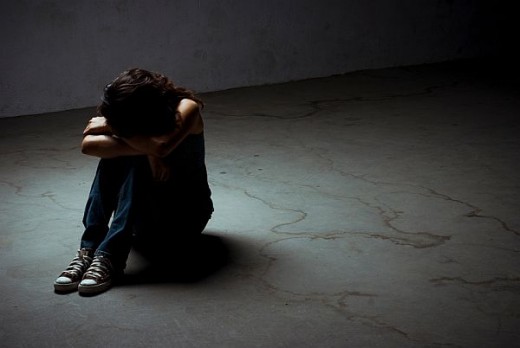
How to tell if you have Anxiety or Depression
The following information is intended to help you determine if you may be affected by Anxiety and/or Depression.
I do not have a medical license, but I have dealt with anxiety and depression for the better part of 17 years (over half my life).
As a person that has been dealing with anxiety and depression for 17 years, I want to share my experience on how I determined I should seek help for these serious conditions and found different treatments to help deal with them.
Anxiety or Depression is not your fault
The first thing that I will tell you and that you should tell yourself is "Anxiety and/or Depression is not your fault". These are health disorders that are becoming more common year after year. Both anxiety and depression can be overwhelming if you are not being treated by medication or therapy. It may even take all that you have to get through this entire article, so I will try to be cut and dry about the less significant aspects of these conditions.
I don't think people understand how stressful it is to explain what's going on in your head when you don't understand it yourself
— Sara QuinA Brief History of my Battle with Anxiety and Depression
As I previously stated, I have been dealing with this condition over half of my life. I was a teenager when I was first diagnosed. My parents insisted that it was just my hormones, but the longer I went untreated, the worse my symptoms became.
If you suffer from anxiety or depression or both, like me, you can relate when I say it felt like nobody understood how I was feeling. This only drove me into deeper depression, causing me to drop out of school and threaten the potential of my future.
Dropping out of school was the red flag that let my parents know something major was wrong with me. I had always loved school and, especially, playing sports at school.
I was finally taken to a doctor to talk about my problems and diagnosed with severe social anxiety disorder and major depression. That was so long ago, I can not quite remember the medication I was prescribed (I believe it was Celexa). All I know is that it helped treat my disorders.
After being diagnosed, I was also informed that therapy and counsel were available options, but I declined any such help. Looking back, it would probably have helped with future choices I made.
Over the years I was prescribed different medications as some medications were discovered to possibly cause other health problems and pulled off the market.
Twelve years down the road, for some reason, I decided to go off my medications. If you are reading this, DO NOT do that ever. I gradually became an alcoholic, drinking from the time I woke up until I went to bed at night.
Alcohol consumption for an individual suffering from either of these disorders is another no-no. Alcohol, over time, increases the effects of these disorders and is irreversible.
After landing myself in some trouble related to alcohol consumption, I decided, or rather my wife did, that it was once again time to seek medical assistance for my conditions.
Once again, I visited a doctor and was diagnosed with the same disorders. This time I was prescribed Sertraline, a generic form of Zoloft.
While Zoloft did drastically improve my mood and feelings of anxiety, I still had occasional panic attacks, but nothing compared to what I had experienced in the past. After consulting with my doctor, he and I decided to leave this untreated unless it became a serious problem for me, which it hasn't so far.
My social anxiety prevented me from ever attempting any sort of psychotherapy or counsel outside of family, so I mainly voiced my feelings to my wife. While this option may not be available to others, my wife has been very helpful, allowing me to confide in her.
Depression and Panic Attacks
If you perform a Google search, there are thousands of lists of symptoms of anxiety and depression. While these lists are helpful, they are not always descriptive enough to identify specific signs of depression or anxiety.
Nearly everyone has had a panic attack in their life at some time. Panic attacks are very common and can be triggered by virtually anything. Just because you have one panic attack does not mean you have anxiety.
The same can be said for depression. Everyone has times in their lives when they are extremely sad, for one reason or another or, seemingly, for no reason. Often, anxiety and depression go hand in hand, but they are not the same thing. Being sad does not mean you are depressed, nor does being sad and a panic attack, combined, mean you have an anxiety or depression disorder, but they are symptoms that should not be ignored.
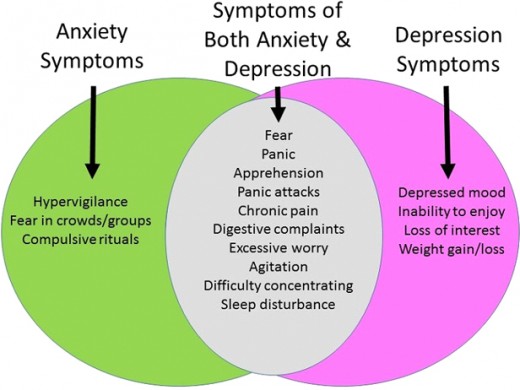
Depression Scenarios
To help you identify whether you may have depression, I will offer three different scenarios. If you can relate to any of the three scenarios, you should seek medical help as soon as possible.
Scenario 1
When I go to bed at night, I can not go to sleep. I lie there for hours sometimes, before finally falling asleep. I can not stop thinking about trivial things such as what I am going to do tomorrow or if I am going to be tired in the morning from not getting enough sleep. I tell myself that these things don't matter, but I still can not get my mind to stop processing information and possibilities of outcomes.
Scenario 2
I work a 9 to 5 job five days a week. I am good at my job, but my boss or co-worker always seems to have a complaint about certain things I am not doing right or efficiently. It makes me so mad I want to quit and never go back. I feel like this everyday.
Scenario 3
When I get home from work all I want to do is eat and watch TV. I don't want anyone to talk to me. I just want to be left alone. Some days I don't eat anything until I get home.
These specific scenarios are addressing the effect depression has on your thought-making process, irrational emotions and irregular appetite.
Keep in mind that there are many other scenarios. These are only the top 3 symptoms that I experienced before discovering I was suffering from depression.
Anxiety Scenarios
To help you identify whether you may have symptoms of anxiety I will offer up three different scenarios. If you can relate to any of the three, seek medical help as soon as possible.
Scenario 1
When I lie down at night to try to go to sleep I often can not get my mind off of stressful situations. My chest feels compressed and tight, like it wants to cave in on itself. My heart feels like it is beating out of my chest and I can not catch my breathe. I start crying and can not stop. I need to go to the emergency room.
Scenario 2
I love my family and friends, but most of the time I don't want to be around them. I would rather stay home on my day off than go to a movie or any other event. I just don't like being around other people except for my spouse. Why can't everyone else just be more like me.
Scenario 3
Often, after eating, I have gas or diarrhea. It seems like any kind of food triggers this. I also feel tired all the time, but can never go to sleep at night regardless of how tired I feel.
The first scenario displays how anxiety can cause panic attacks. Panic attacks are commonplace, but multiple panic attacks are a definitive red flag that you probably have some type of anxiety disorder.
The second scenario relates to types of social anxiety, which is the form of anxiety that I have. Social anxiety tends to worsen the longer it goes untreated.
The last scenario sheds light on how anxiety can affect your intestinal processes. Anxiety, being a nervous disorder, can sometimes trigger false signals and cause you to have severe diarrhea, gas and even vomiting. This scenario also addresses the fact that anxiety can affect your overall fatigue. Your anxiety does not go away when you fall asleep. You quite possibly have dreams that you can't remember that have to do with your anxiety. Depending on what type of sleep you are actually getting at night, this can affect your body's repair process.
There are many other scenarios that could apply to anxiety. The previous scenarios are examples of the symptoms I experienced before being diagnosed with social anxiety.
Treatments for Anxiety and Depression
Prescription medication is the most common form of treatment for both anxiety and depression. Let a doctor decide what medication is right for you, as each form of depression and anxiety are effectively treated differently. Just because someone you know takes a certain pill does not mean that it will effectively treat your type of depression or anxiety. In other words, don't try to self-medicate. This could lead to other imbalances in your nervous system if your particular type of disorder is not being treated correctly.
Psychotherapy is another proven treatment for anxiety and depression. Therapy should always be performed by a professional, clinical psychologist, Psychiatrist, or primary care provider. It's alright to listen to advice from other affected individuals, but leave diagnoses and treatment methods up to the professionals.
Other Ways to Treat Anxiety and Depression
For most of you, the doctor will give you a prescription and this will sufficiently treat your condition. Some, however may still have to deal with certain effects caused by anxiety and depression. For those people, please consider these alternative therapeutic treatments.
- One of the most effective ways of managing your anxiety or depression outside of medication or psychotherapy is avoiding alcohol and other recreational and addictive drugs, including tobacco.
- Read and implement suggestions and techniques outlined by PhD's and MD's. There are some very helpful books and audio-books that can help you learn ways of decreasing the effects of anxiety and depression.
- Find stress relieving hobbies to keep you busy instead of being idle. A busy body is a busy mind.
- Physically exercise. Many studies have proven that physical exercise reduces the effects of anxiety and depression.
- Talk to others with your condition. Ask for their advice or personal experience. "A wise man listens to counsel" - The Holy Bible.
- If you watch TV or movies, try to keep the mood happy. Engage in comedies more often than horror or other suspenseful drama.
- Discuss your feelings with your loved ones often. People who love you will give you reassurance and be able to enhance your mood more than anyone else.
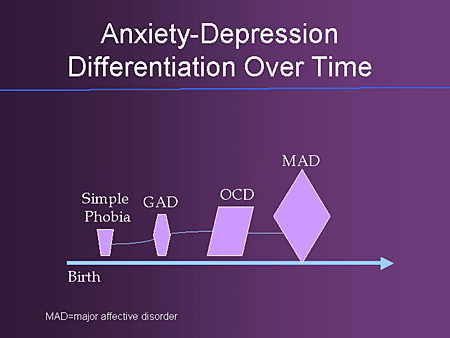
Seek Medical Help if you think you may be affected
If you have any suspicion that anxiety or depression may be affecting you, please see your family medical professional.
People that have never had to deal with depression or anxiety can make it seem like it is no big deal, but it is. Depression is one of the deadliest disorders out there, leading many to commit suicide or make make bad decisions, resulting in serious health conditions or death. Anxiety can cause serious health problems such as irregular heart functionality and in some cases mental breakdowns that lead to other physical damage.
These are serious conditions. Do not take them lightly. If you thought you were bitten by a Black Widow, you would probably go to the emergency room, right? Treat these conditions the same way. Do not put them on the back burner, where they can worsen and make life even more difficult.
© 2017 Jesse James


